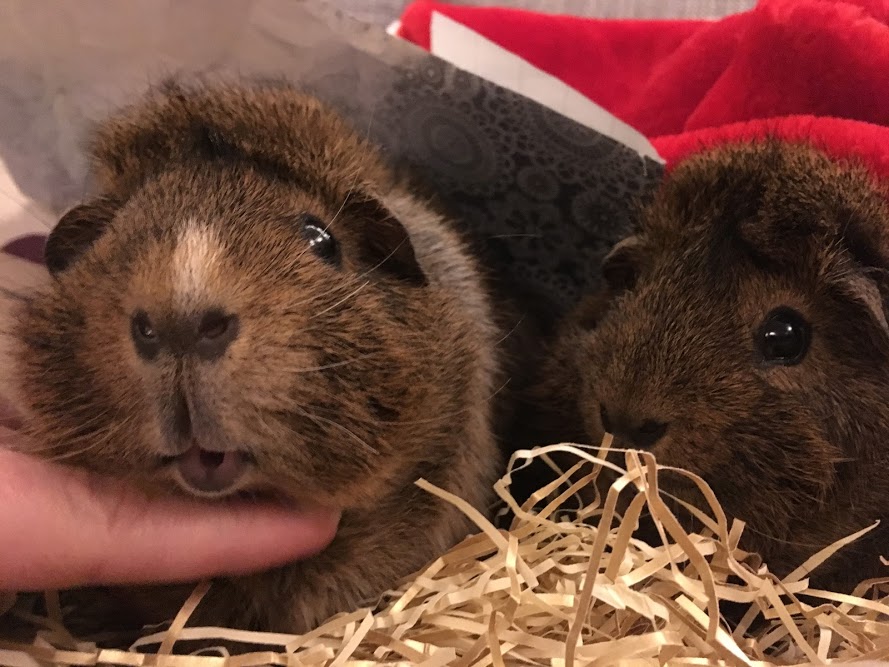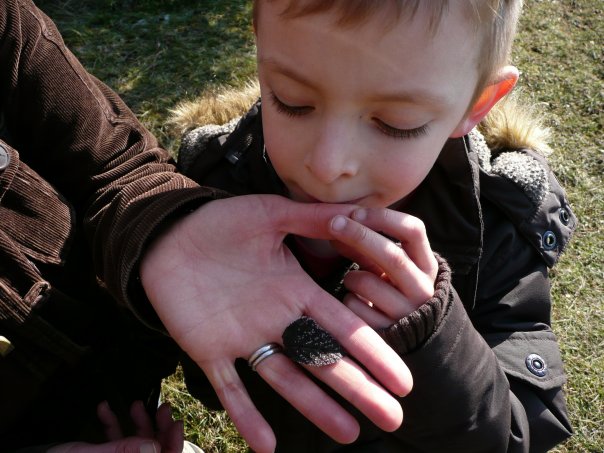This Week’s Bit of String: Underrated qualifications
I’ve been helping one of our special needs students with her personal statement for university. She wants to study Photography and after writing about what she’s already achieved in the field and what specific techniques she wants to learn, she concluded with something like this: “I want to study Photography because it’s something that makes my life more enjoyable.”
This is not a conventional admission in an essay. I feel like we’re encouraged to sell our skills and our work ethic when applying for positions. We’re not supposed to bring up what, well, pleases us. Is it related to some old puritan idea that pleasure is bad? Is it a byproduct of our busy culture: our value increases as the work gets harder and less enjoyable?

It’s a bit backwards, though. In education, we’ll have an easier ride if a student actually likes our subject. Surely it would be nice for employers and for universities to hear that new recruits might enjoy what they’re expected to do.
Resilience
Maybe there’s the fear that if someone chooses a path because they like it, they’ll quit when the going is rough. But a passion is deeper than an interest, and that’s why we keep going in creative endeavours.
In our writing, we can’t cope with hard work, administrative tasks, and the inevitable rejection, unless we enjoy aspects of it. Just as it’s important to remember what we like about writing and why, it’s essential to then allow ourselves to enjoy writing.
I get caught up in the busy-boasting of social media sometimes, which results in me thinking of writing more as a quite mentally demanding second job. After all, we can’t just shut off the stories. I’m constantly tinkering with things in my head. And when I get to school on Monday morning for another week of supporting very needy students, I feel as if those 2 critiques passed to fellow writers and the 3 novel chapters edited over the weekend have sapped a substantial portion of my energy.
Sometimes I find my thoughts echoing my husband after a recent trip to London. 3 days, 2 nights, at least 30 miles walked… “What a stupid thing to do,” he said afterwards, half-joking (I think…) “Let’s never do that again!”
The Trappings
I liked it though. Exploring half the city, seeing new people and buildings and discovering unexpected remnants of history… It’s the same with writing. I get tired, but when my brain is jogging ahead toward a new destination (or painstakingly polishing the path to an old one, as when I’m editing), I don’t want to miss out.

Our identities are wrapped up in writing. Part of it is that addiction to finding out where it takes us. Another part is having fun with what accompanies it. If you can score a quiet house for even just an hour, with a hot drink and some pleasantly burning candles and encouraging tunes playing, then curling up to scribble ruthless notes on your own manuscript doesn’t feel so brutal, or laborious.
I wonder if a few of us, myself included, would rather tell people we write in a cold garret subsisting on just bread crusts and gruel than confess to cranking some tunes and munching chocolate while we go. Maybe we should normalise admitting that something we devote time to is actually rather nice.
Imagine daring to pitch a writing project with: “I loved writing this story almost as much as I love reading it, and other people will too.” How amazing to get away with that! Wouldn’t it be great if, just now and then, liking something was an acceptable reason to go and do it?



